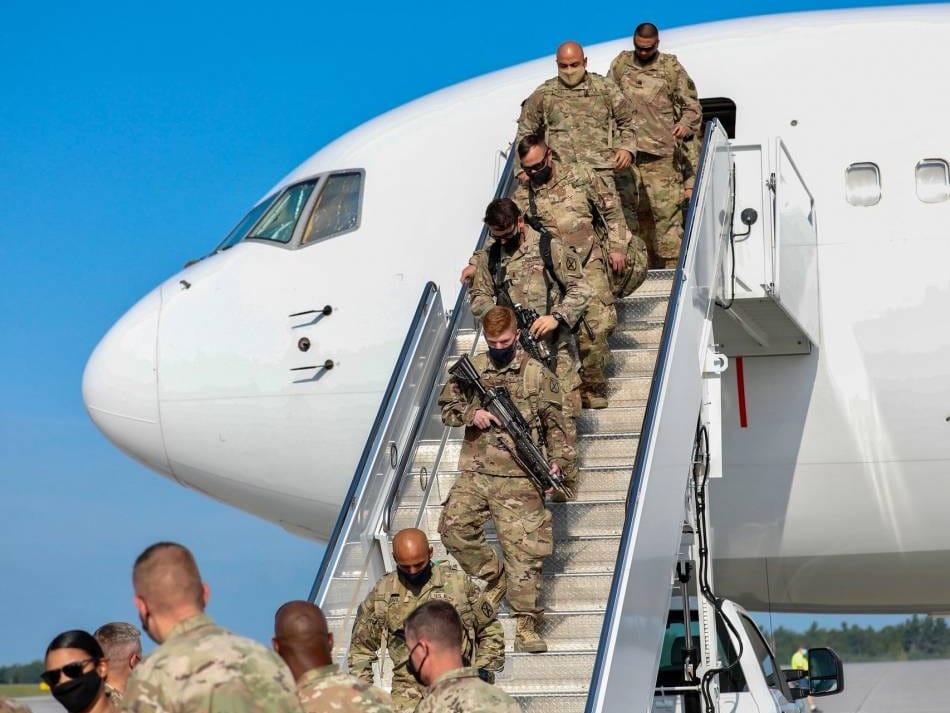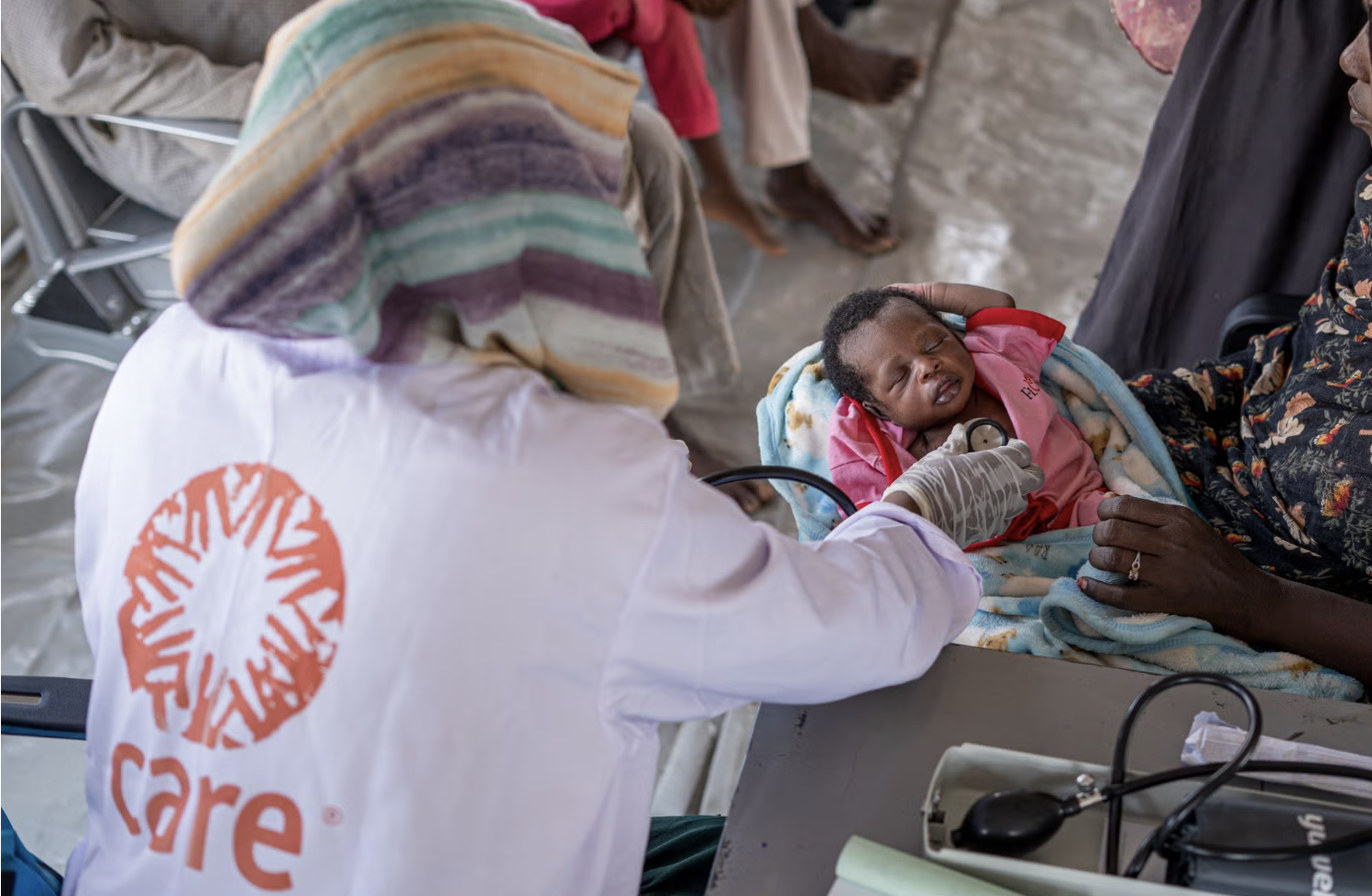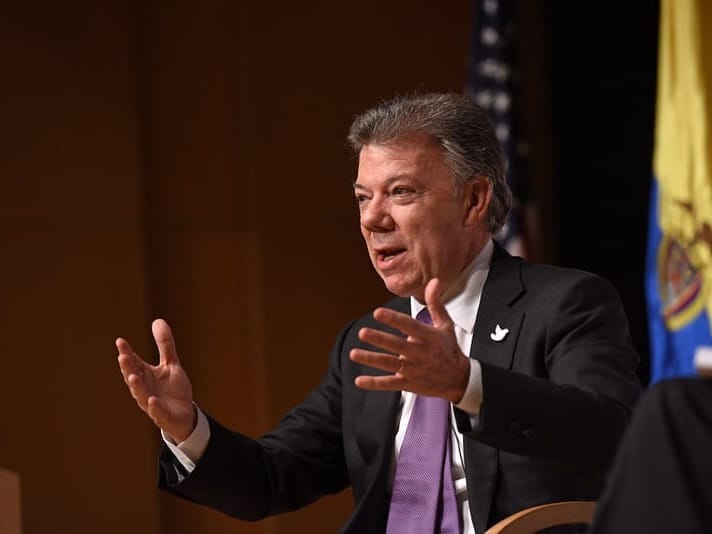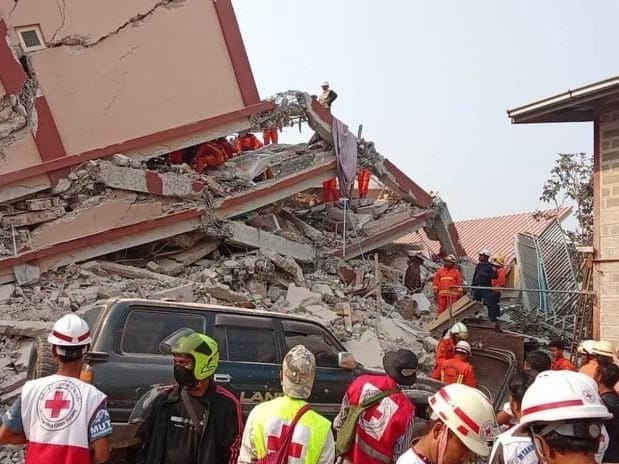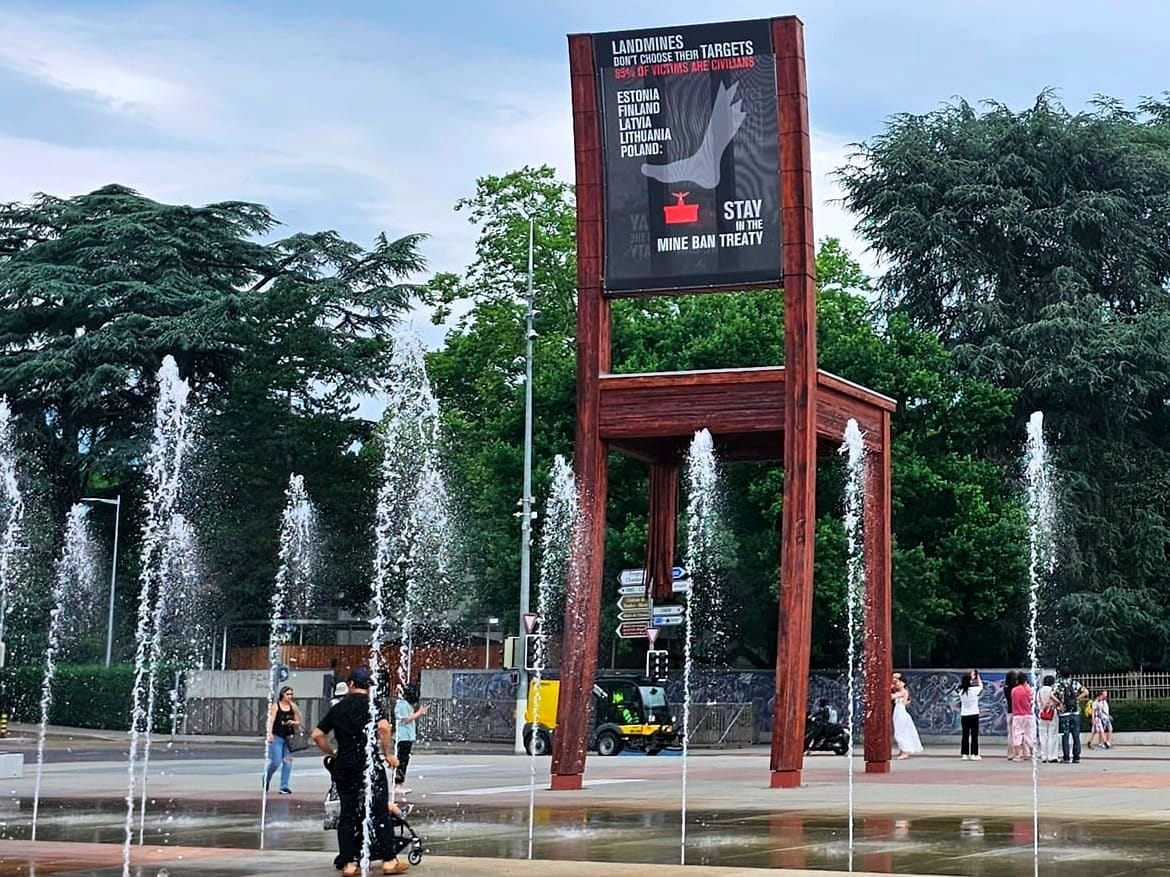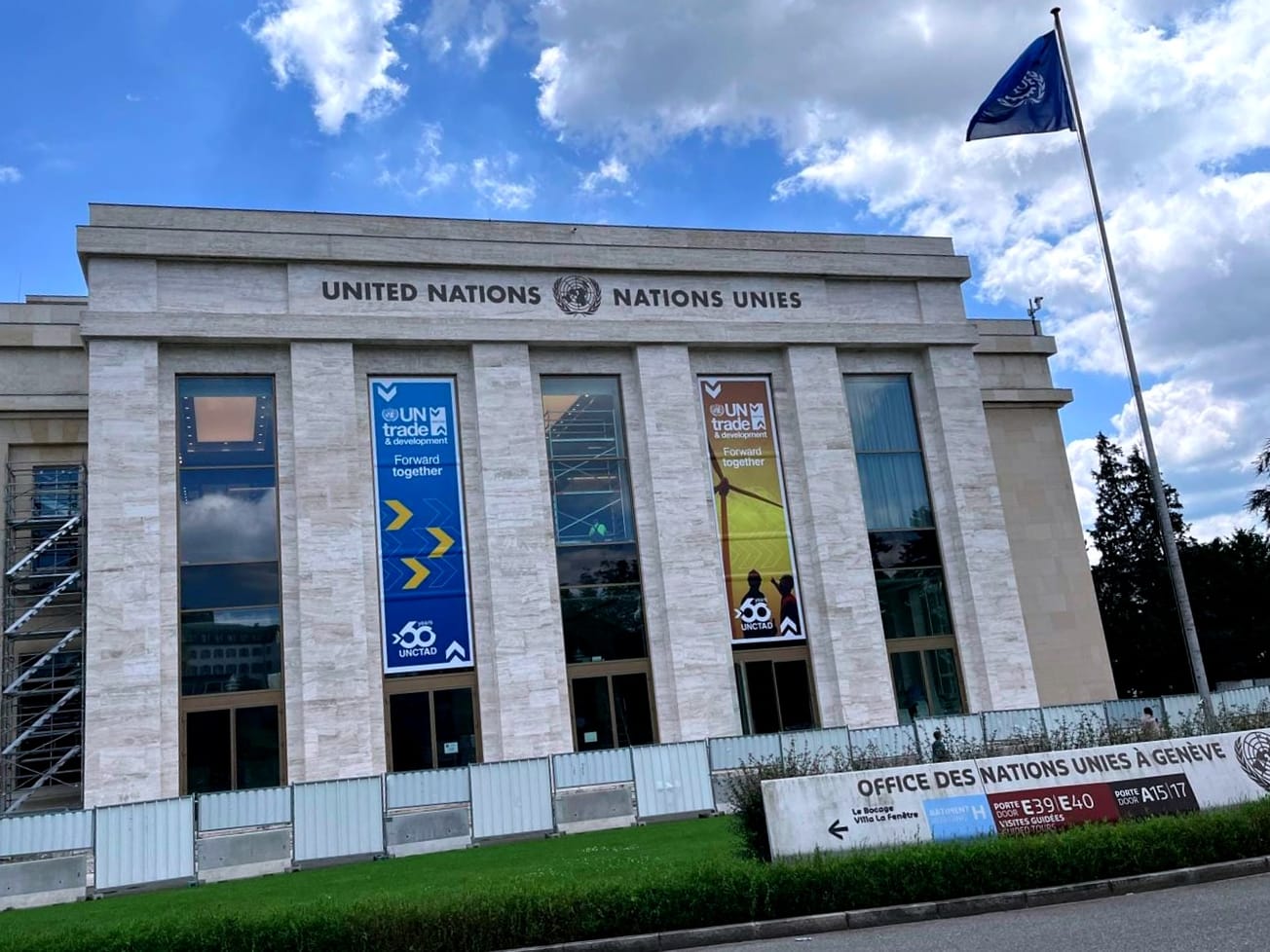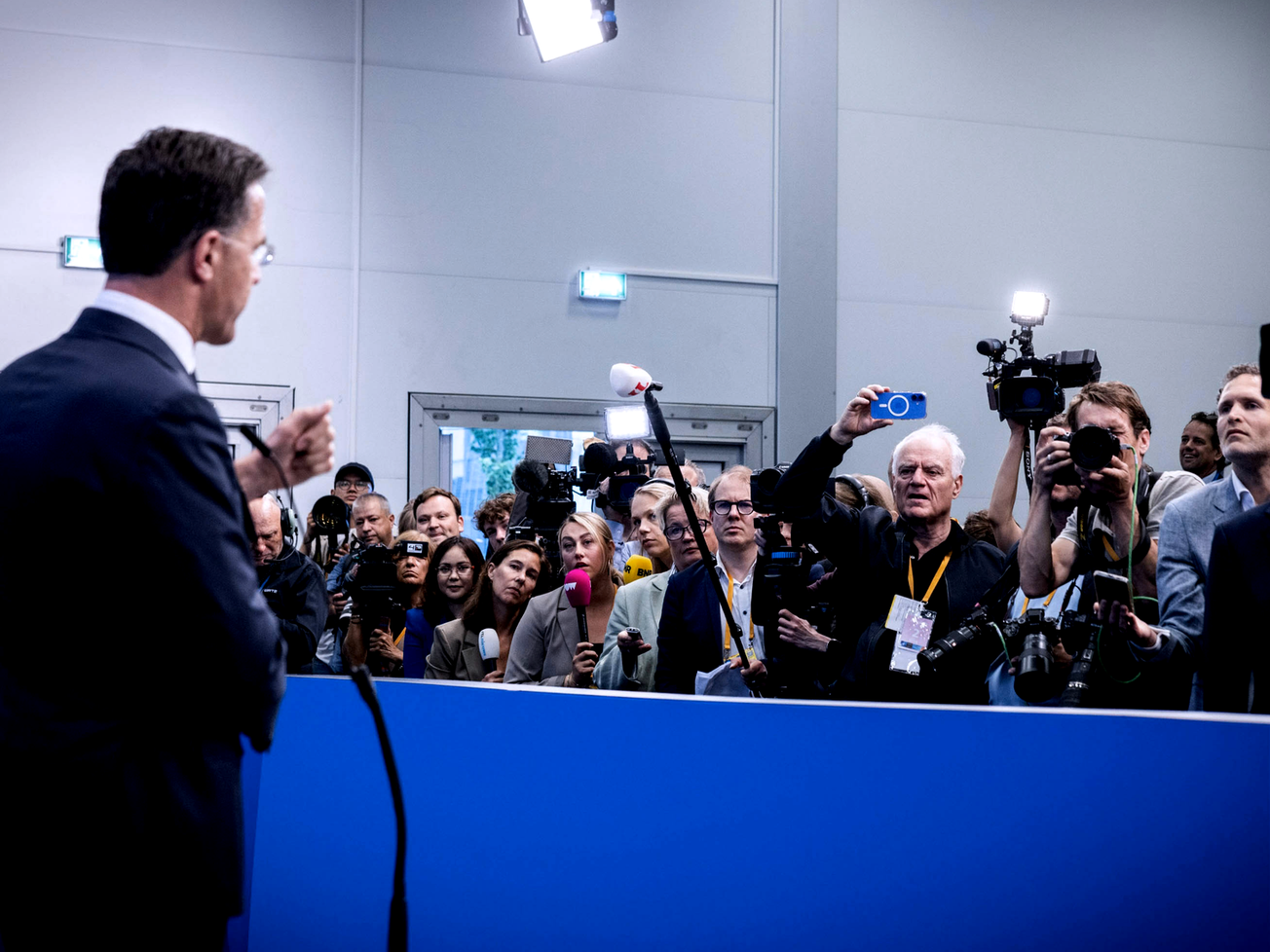UNITED NATIONS (AN) — A day after Taliban forces seized control of Afghanistan's government and its capital, Kabul, the U.N. Security Council called for an end to fighting and assurances of humanitarian aid and civilian protections, particularly for women and girls.
The 15-nation council held an emergency meeting on Monday to assess the rapid developments as the Taliban swept the country amid the United States' military withdrawal. Council members agreed by consensus that Afghanistan must honor its international obligations and keep from again becoming a haven for terrorists plotting global attacks.

